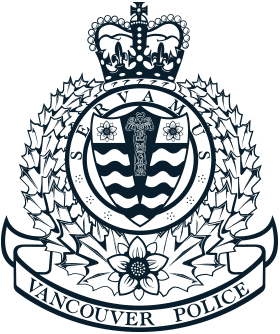Our Values
In addition to the Police Act, our Provincial Policing Standards, and our internal policies and procedures, our five ICARE core values guide us in everything we do.
- Integrity
- Compassion
- Accountability
- Respect
- Excellence
Our Thunderbird
The land on which the city of Vancouver is established has been the territory of the Coast Salish peoples for thousands of years. We acknowledge the traditional ownership of this land and the history of colonization through displaying the Coast Salish thunderbird motif on our marked police cars, as a statement of mutual respect and friendship.

The artwork, by artist Susan Point, was a gift from the Musqueam Band in 2006.
In Coast Salish lore, the thunderbird is a majestic supernatural creature. His curved beak and three tail feathers represent change from past to present and then into the future. A guardian spirit acting on behalf of those weaker, the thunderbird is greatly respected as the hero in many Coast Salish legends. The thunderbird symbolizes strength, principle, and courage, and is a link to the spirit world of the creator.
“Thunderbird, living high in the mountains, was the most powerful of all spirits. When the thunderbird flaps his wings, thunder crashes and lightning flashes from his eyes. The thunderbird is a protective figure, representing protection for the members of the Vancouver Police Force, and the protection that they offer to the citizens of Vancouver. The crescent behind the ear represents a watchful eye.”
Susan Point, artist
Our Jurisdiction
There were an estimated 744,800 residents in the city of Vancouver in 2025. The city is part of the Lower Mainland, a region with over three million people. The population swells to approximately 1.5 million people every day when people come into Vancouver for work, for entertainment and shopping, for tourism, and much more.
The city covers 114 square kilometres (44 square miles), and is divided into four patrol districts. Vancouver boasts nearly 160 kilometres (100 miles) of shoreline, including the Port of Vancouver, the largest commercial port on the west coast of the Americas, and the third busiest port in North America.
Our Oversight
Police officers in B.C. have many layers of oversight, including independent civilian oversight – and more than almost any other profession, including doctors, lawyers, teachers, and reporters. In addition, oversight is provided by the media, organizations like the BC Civil Liberties Association, and anyone with a cell phone.
We welcome this oversight and believe that it is appropriate and necessary given the policing power that we are granted as peace officers.
The VPD has over 1,000,000 contacts with the public every year, including approximately 270,000 calls for service every year. That works out to over 700 calls per day, and a small percentage of these interactions result in a complaint.
Vancouver Police Board
The Vancouver Police Board is the employer and governing body of the Vancouver Police Department. The Board provides civilian governance and oversight of policing.
Under British Columbia’s Police Act, the Board consists of the Mayor as Chair, one person appointed by the municipal council, and up to seven people appointed by the Lieutenant Governor in Council.
Board members are chosen to reflect the demographics of the community. Each member is appointed for a term of up to four years. They may be re-appointed, but cannot serve for more than six consecutive years.
The Office of the Police Complaint Commissioner (OPCC)
The OPCC is an independent civilian oversight agency, with staff from a wide range of backgrounds. They assist citizens with their concerns about the actions of municipal police officers or police departments in B.C.
The investigations are completed by police, often from different departments, but the OPCC adds a layer of accountability and transparency to the complaint process, and ensures the investigations are thorough and fair.
The Independent Investigations Office of BC (IIO)
The IIO of B.C. is a civilian-led oversight agency that investigations incidents of death or serious harm that may have been as a result of a police officer’s actions. They have jurisdiction for all of B.C’s policing agencies and their authority comes from the Police Act. Police agencies are required to notify the IIO of any incidents that fall under their mandate.
There does not need to be an allegation of wrongdoing for the IIO to investigate. In cases where charges are not in the public interest, a public report outlines all relevant acts and reasons for the decision.


